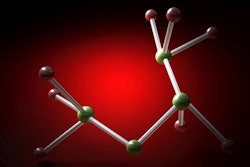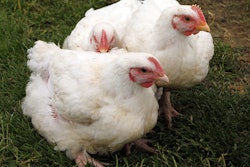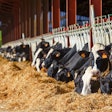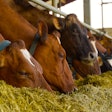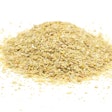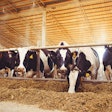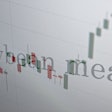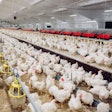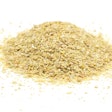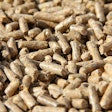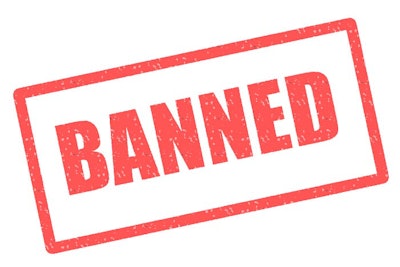
Again, the politicians in the European Union (EU) have decided to meddle with animal nutrition. Right or wrong, this is a reality we have to live with, and, in this case, the European Commission is behind events.
What is all this about? Once more, zinc oxide. They have decided to ban it, entirely and completely — unless they change their mind again — but they give a five-year period for individual states to phase it out. I think this is done mostly for Spain and Denmark, countries that still rely on zinc oxide to control post-weaning pig diarrhea. As far as I know, everywhere else zinc oxide at pharmacological levels is an antiquated additive. At least, I have not used any since 2008!
In my opinion, zinc oxide needed to be controlled, not banned, but sometimes control is impossible.
Today, we have two options that can replace traditional zinc oxide: First, novel forms of zinc that do the same job at very low levels. Second, a plethora of other additives that work in synergy with the novel zinc forms to control post-weaning piglet diarrhea quite effectively.
In my opinion, zinc oxide needed to be controlled, not banned, but sometimes control is impossible. Nevertheless, the EU should focus on zinc levels in animal feeds in terms of zinc as a nutrient and not as a medicinal additive. Zinc (and copper) in soil accumulates at alarming levels, and we must do something about it. The first step would be to fund research to establish the requirements of zinc and copper under modern conditions using modern feeds and modern genetics. That would be money well spent, at least in my opinion.


